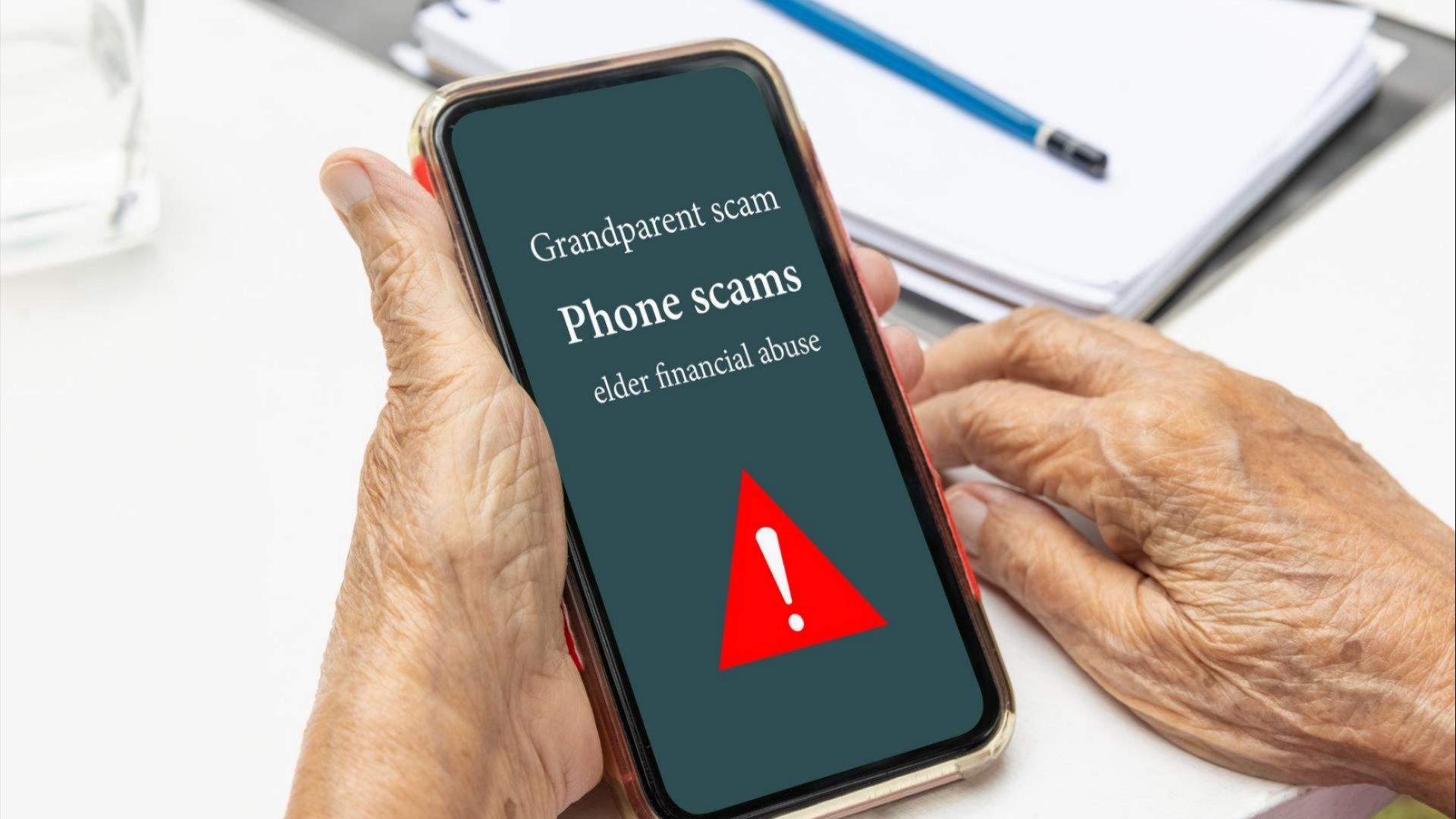Have you ever received emails, phone calls, texts or even letters in the mail informing you that you have won a trip, the lottery, or a promise of romance? Urgent calls seemingly from the IRS, family members in distress, or letters stating your home is in foreclosure can cause emotional distress and panic, as can fear, loneliness and greed.
Scammers are crafty and have learned what might lure vulnerable targets and attempt to gain their trust. The promise of financial opportunity has even swayed many elderly to fall for cryptocurrency scams. In fact, monetary losses due to investment fraud by victims over the age of 60 accounted for more than half of total losses as recently as 2023, largely due to the rising trend of crypto investment scams.
Be proactive
Scammers are crafty and have learned what might lure vulnerable targets and attempt to gain their trust. The promise of financial opportunity has even swayed many elderly to fall for cryptocurrency scams. In fact, monetary losses due to investment fraud by victims over the age of 60 accounted for more than half of total losses as recently as 2023, largely due to the rising trend of crypto investment scams.
Be proactive
Talk to your entire family about the common schemes that cybercriminals employ, which often sound too good to be true. No one is winning anything, getting rich quick or should engage with anyone online that they haven’t met in person.
For elderly and vulnerable family members, it’s important to have this conversation and explain the types of scams specifically targeting them via channels such as phone calls, emails, text, social media and even letters in the mail.
For elderly and vulnerable family members, it’s important to have this conversation and explain the types of scams specifically targeting them via channels such as phone calls, emails, text, social media and even letters in the mail.
- Bank Scams – Requests from the “bank” asking for a verification code or a message with a clickable link.
- Social Security/IRS/Medicare impersonation scam – A claim that there is an issue with benefits or potential fraud and asking for additional information.
- Sweepstakes and lottery scams – Requests for fees or taxes to process the “prize winnings.”
- Family in distress scams – Financial assistance requests to help a loved one who is in danger, injured or in jail.
- Romance scams – A new online “friend” suddenly needs money for a medical or business crisis.
- Utility scams – Threats to turn off the power because of a missed payment or indication of a “refund.”
- Delivery scams – Requests for information to deliver a package.
- Computer tech-support scams – Warnings a device is infected with malware with instruction to contact support and provide remote access.
- Cryptocurrency and gift card scams – Scammers can access and steal money using cryptocurrency and gift cards, though no legitimate business will engage this way.
- Urgency to act and/or send money.
- Pressure to make decisions quickly and not involving family members.
- Request for personal or sensitive information (i.e., Social Security number, address, bank account number, etc.)
Caution your loved ones that some scammers will even threaten the elderly or vulnerable person that they should not tell anyone of the request being made. Some cyber con artists convince their victims to not tell the bank what the money withdrawal is really for. Elders and vulnerable people tend to be polite and have difficulty disengaging. Encourage them to pause and validate the request before taking any action, particularly if it’s urgent or requires a payment. For example, call the service provider on your bill (not the callback number from the caller, letter, email, etc.).
As open artificial intelligence (AI) rapidly develops and voice-cloning tools become readily available, it’s crucial to help the whole family verify the identity of callers, particularly when it seems someone is in a hurry or needs information urgently. One practical yet effective strategy is establishing a “safe word" or pre-established code confirming the caller’s identity during a conversation. Here are some tips to create and use “safe words” effectively:
- Choose a unique, memorable word or phrase.
- Share the “safe word” only with the people you trust who might need to verify your identity over the phone.
- Regularly change the “safe word” to minimize the risk of it being compromised.
It is important to act quickly and efficiently if your loved one has fallen victim to a scam.
- If money has been sent, contact us immediately to report the fraud and ensure accounts are secure.
- Strongly consider implementing two-factor authentication on digital accounts, to avoid further account compromise and exposure of accounts’ personal or sensitive information.
- If an unknown individual was allowed to access a computer/phone, disconnect from the network, and run a reputable anti-virus software.
- If it is not done already, freeze their credit or lock the credit (not credit monitoring), this will prevent fraudsters from opening up accounts in their name.
- The U.S Department of Justice manages the National Elder Fraud Hotline (833–FRAUD–11 or 833–372–8311), the first national hotline to assist older victims and their families in reporting fraud and/or finding local assistance.
- FINRA’s Risk and Scam Meters can also help identify behavior patterns that can leave some investors susceptible to investment fraud.
- You can also report elder fraud to the U.S. Federal Trade Commission.
Check out this new PSA campaign from the Maine Bankers Association and Maine Society of CPAs. The PSA is aimed at curbing A/I generated fraud scams.

